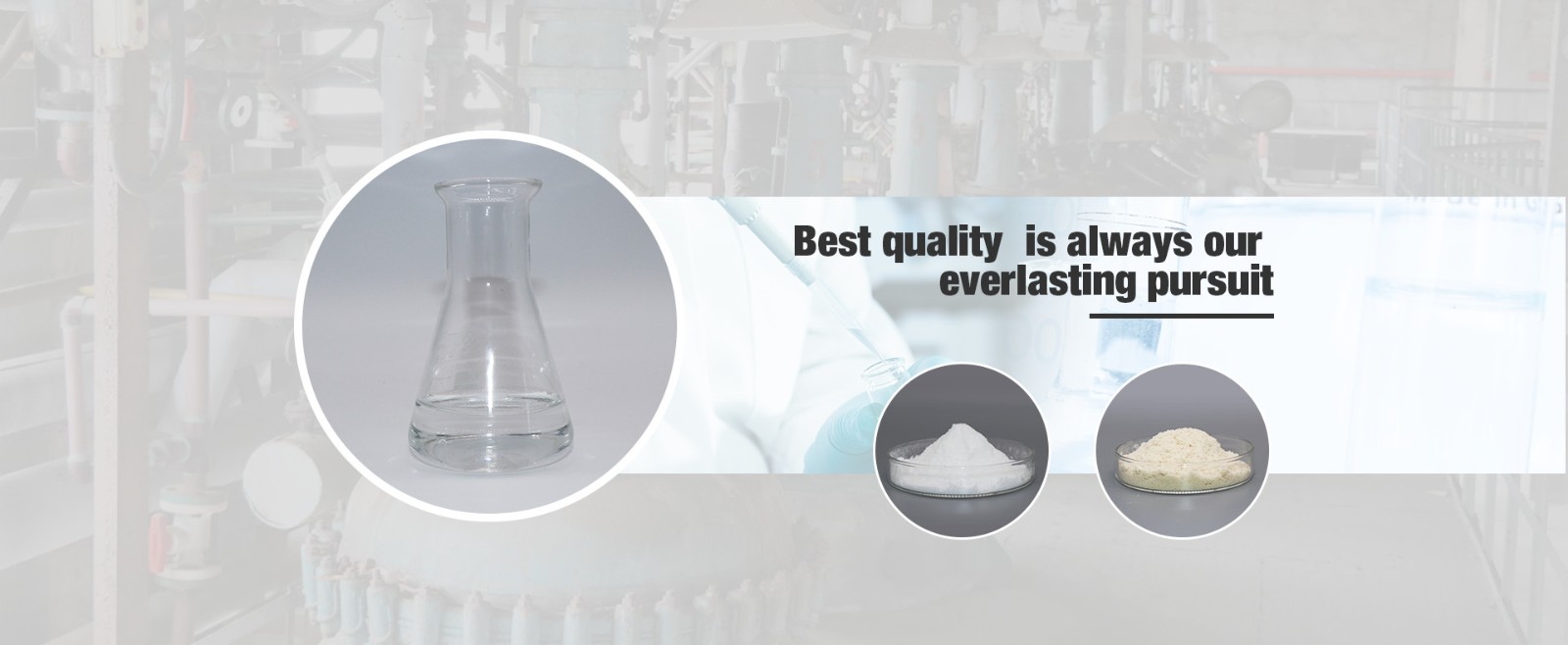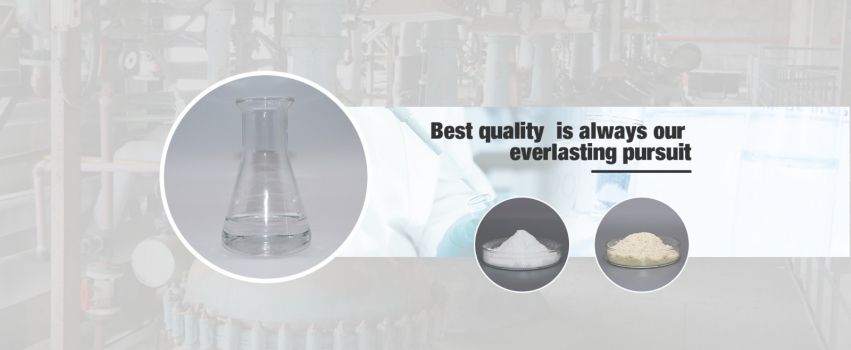Plant extracts are substances that are obtained from plants and that contain a concentrated mixture of one or more active ingredients. They are used in a wide range of applications, including the food and beverage industry, the cosmetics industry, and the pharmaceutical industry. Plant extracts can be obtained from any part of the plant, including the leaves, stems, roots, flowers, seeds, and fruit.
Plant extracts can be obtained through a variety of methods, including solvent extraction, steam distillation, and cold pressing. The method used to extract the plant material depends on the type and the concentration of the active ingredients that are present in the plant.
Plant extracts are used for their various pharmacological and therapeutic properties, such as their ability to treat diseases, reduce inflammation, and provide antioxidants. Some examples of plant extracts include:
1. Aloe vera: This plant extract is obtained from the leaves of the aloe vera plant and is used for its anti-inflammatory and moisturizing properties. It is commonly used in the cosmetics industry as an ingredient in skin care products.
2. Echinacea: This plant extract is obtained from the roots and leaves of the echinacea plant and is used for its immune-boosting properties. It is commonly used as a dietary supplement to treat colds and the flu.
3. Ginseng: This plant extract is obtained from the roots of the ginseng plant and is used for its energy-boosting and stress-reducing properties. It is commonly used as a dietary supplement to improve mental and physical performance.
4. St. John's wort: This plant extract is obtained from the flowers and leaves of the St. John's wort plant and is used for its antidepressant and anxiolytic properties. It is commonly used as a dietary supplement to treat mood disorders.




















